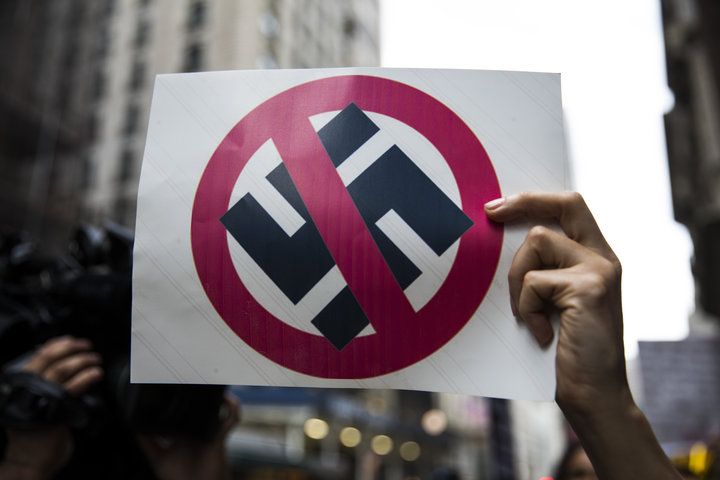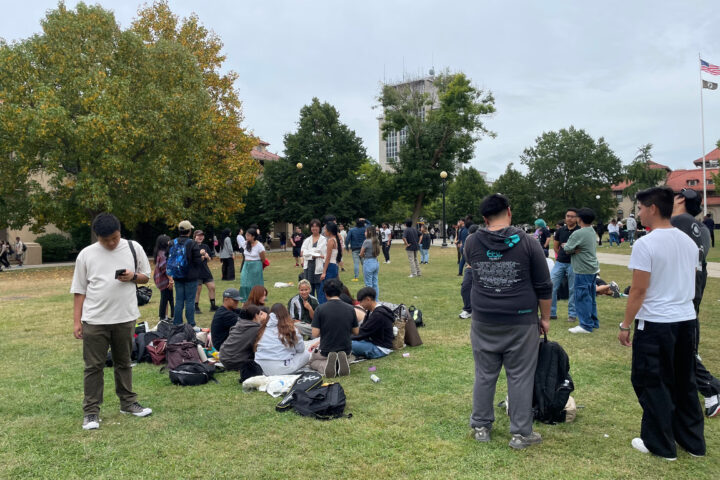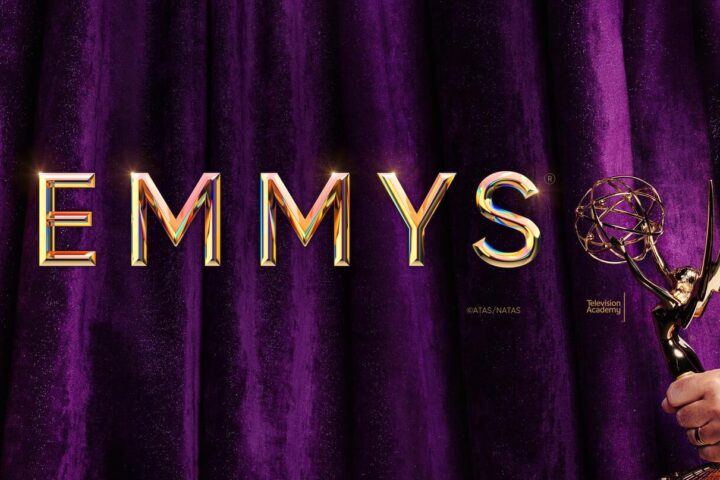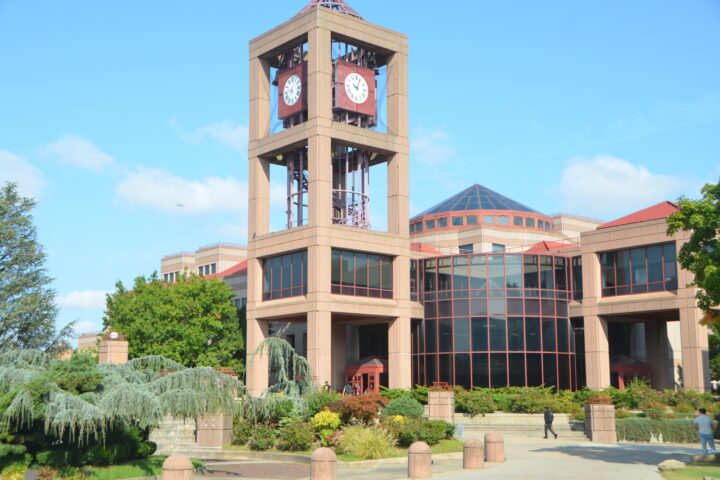On Sept. 9 CUNY Chancellor James Milliken released a 24-page report concerning allegations of anti-Semitism within the CUNY system. The report looks at specific incidents reported across four CUNY campuses dating back to 2013.
According to a letter from Milliken, the report, which was compiled by Paul Shechtman and Barbara Jones of Bracewell LLP, “contains a thorough analysis of the facts as well as observations that will help guide our work going forward.”
The letter goes on to explain that “preserving the right to free expression is at the core of every university’s mission, however, the university will respond appropriately to speech that is hateful, discriminatory and anti-Semitic—even if that speech is legally protected.”
Milliken called for an independent investigation on March 6 to investigate allegations of incidents of anti-Semitism across numerous CUNY campuses.
Earlier this year, these allegations regarding the perceived lack of a sufficient response lead to the proposal of the $485 million shift in funding away from the state and onto the city. The budget shift was eventually struck down.
The report was compiled with information gathered through interviews with more than 60 individuals, including Executive Directors of the CUNY Hillels and faculty advisors for Students for Justice in Palestine.
The investigation focused on four campuses – Hunter College, the College of Staten Island, Brooklyn College and John Jay College, where anti-Semitic allegations have been raised. Queens College and Baruch College were subject to initial interviews but did not warrant additional resources.
While numerous incidents of anti-Semitic speech were found on numerous occasions, many allegations against SJP were unfounded with little to no evidence to support the claims.
According to the report, much of the offensive language that occurred at the investigated events is protected speech under the First Amendment.
“As a public university, CUNY is limited in the ways it can respond to hate speech, whether the words are anti-Semitic, racist, anti-Muslim or anti-LGBT,” the report reads.
“CUNY cannot punish such speech unless it is part of a course of conduct so pervasive or severe that it denies a person’s ability to pursue an education or participate in University life,” the attorneys added. “It cannot mandate civility or sanction isolated derogatory comments.”
“This report underscores how false allegations of anti-Semitism, based solely on speech critical of Israeli policies, is being used as a tactic to silence debate on one of the most critical foreign policy issues of our time,” Radhika Sainath, an attorney for Palestine Legal, told The Jewish Week.
In a statement, Hillel International seemed to be supportive of the report’s recommendations.
“[The report] highlights a disturbing trend of incidents specifically targeting the Jewish community on campus with anti-Semitic rhetoric and threats of violence,” the statement, reported by The Jewish Week, read. “We support the report’s recommendations for CUNY administrators and presidents to condemn anti-Semitic comments and actions and to promptly and forcefully challenge the speech.”
However, the Zionist Organization of America was not satisfied with the report and strongly condemned its findings.
Mort Klein, head of ZOA, expressed his feelings on the report, saying it makes the situation worse.
“The report actually encourages anti-Semitism and gives fodder to the [SJP],” Klein said.
According to Politico New York, Klein criticized the timing of the report’s release, saying its release on Friday, before the Sabbath, prevented him from speaking with journalists immediately following the release.
“I happen not to speak on the phone on the Sabbath. It was obviously intentional,” Klein said, according to Politico.
CUNY spokesperson Michael Arena, in a statement regarding the findings, said the administration has delivered on its promise to look into allegations of anti-Semitism on CUNY campuses.
“The university promised to provide an independent, thorough and transparent review of the facts. That promise has been delivered. The report speaks for itself and is widely available to review and discuss,” Arena said.
LaGuardia Community College President Gail Mellow and Queens College President Felix Matos Rodriguez currently serve as chair members for a CUNY-wide working group.
The group is tasked with assessing the climate of CUNY campuses, considering the best practices and making recommendations for how colleges can take steps to ensure a welcoming and supportive environment, without compromising free speech and academic freedom.
“CUNY takes seriously our commitment to creating an environment that is inclusive, free of discrimination, and respectful of multiple and often conflicting points of view—the bedrock of any university and of a healthy democratic society,” Milliken wrote in the letter accompanying the report.














